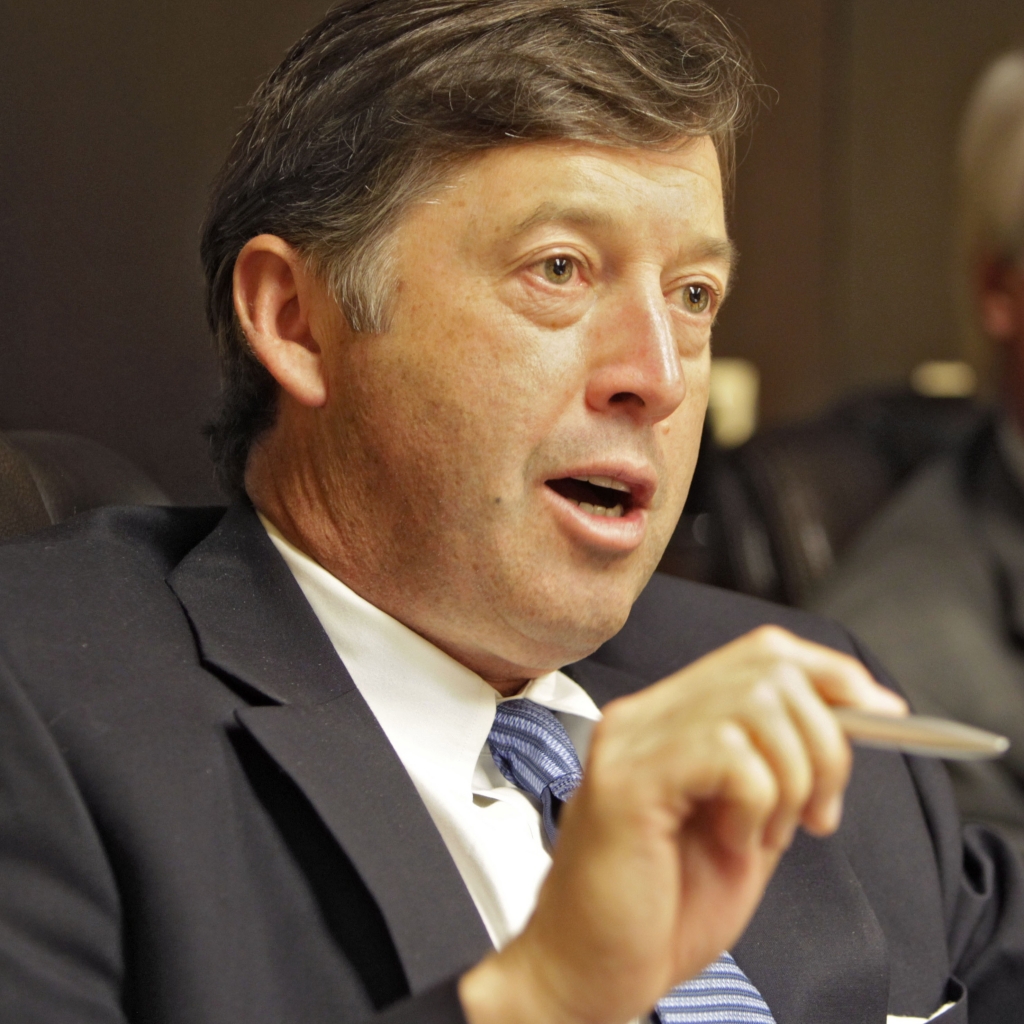-
Tips for becoming a good boxer - November 6, 2020
-
7 expert tips for making your hens night a memorable one - November 6, 2020
-
5 reasons to host your Christmas party on a cruise boat - November 6, 2020
-
What to do when you’re charged with a crime - November 6, 2020
-
Should you get one or multiple dogs? Here’s all you need to know - November 3, 2020
-
A Guide: How to Build Your Very Own Magic Mirror - February 14, 2019
-
Our Top Inspirational Baseball Stars - November 24, 2018
-
Five Tech Tools That Will Help You Turn Your Blog into a Business - November 24, 2018
-
How to Indulge on Vacation without Expanding Your Waist - November 9, 2018
-
5 Strategies for Businesses to Appeal to Today’s Increasingly Mobile-Crazed Customers - November 9, 2018
Adventist Health System In $115 Mln. Settlement
[Also: Running list of notable 2015 healthcare frauds].
Advertisement
The 2012 lawsuit, filed in North Carolina federal court, alleged that the kickbacks took the form of inflated salaries, bonuses and a widespread practice of allowing physicians to overbill in exchange for referring their patients to Adventist facilities.
“Unlawful financial arrangements between heath care providers and their referral sources raise concerns about physician independence and objectivity”, said Benjamin C. Mizer, the head of the Justice Department’s civil division.
In response to a request for comment, Adventist Health System released a statement saying that “it regrets these oversights, and while some of its hospitals had no violations, the organization has improved monitoring and business practices system-wide as a result of lessons learned from this experience so that it can continue to uphold the highest standards of compliance with regulations”.
The Stark law restricts the financial relationship between hospitals and physician referrals.
Whistleblowers Gloria Pryor, left, Mike Payne and Melissa Church exposed illegal billing and referral practices that forced Park Ridge parent Adventist Health Systems to pay a $118 million fine. And, the government alleges Park Ridge and other Adventist hospitals also took part in Medicaid and Medicare fraud using a practice called “up-coding” which U.S. Attorney Rose describes as “charging at a higher rate than the service that the patient was receiving”.
Adventists Health System admitted no liability or wrongdoing in the settlement.
The Adventist settlement is the largest healthcare fraud settlement ever made involving physician referrals to hospitals, according to Peter Chatfield, a whistleblower attorney with Phillips & Cohen. “This type of financial incentive is not only prohibited by law, but can undermine patients’ medical care”. And other doctors, nurses and medical staff earned hefty bonuses, not for the quality of their care but quantity of patients seen and volume of tests ordered.
According to DOJ, one of the more powerful tools in this effort is the False Claims Act. The ultimate settlement for Adventist was not an admission of guilt nor a concession by the US government that allegations weren’t well founded.
The firm will pay the money to the federal government and four states.
The bulk of the settlement funds will go to the federal government, with the remainder divided between the states where Adventist operates: Florida, North Carolina, Tennessee and Texas. “Under the False Claims Act … this constitutes a knowing and improper avoidance of an obligation to transmit money to the government”.
The settlement agreement, the whistleblowers’ complaint and a photo of the whistleblowers are posted on Phillips & Cohen’s website.
Payne, Church and Pryor also thanked their families for their support and encouragement to do the right thing by pursuing their qui tam lawsuit for the past three years.
After the three Park Ridge workers brought up the issues and the lawsuit came to light, Park Ridge put them “on administrative leave, then negotiated severance packages”, Chatfield said in an interview. After negotiating a severance package they left their hospital employment in November 2013.
Advertisement
In addition, 15 other Adventist hospitals received more than $1.84 billion from Medicare and more than $543 million from Medicaid over the same time period. Chatfield said he knows of no criminal investigation and given the breadth of the settlement doubted that one was under way.





























